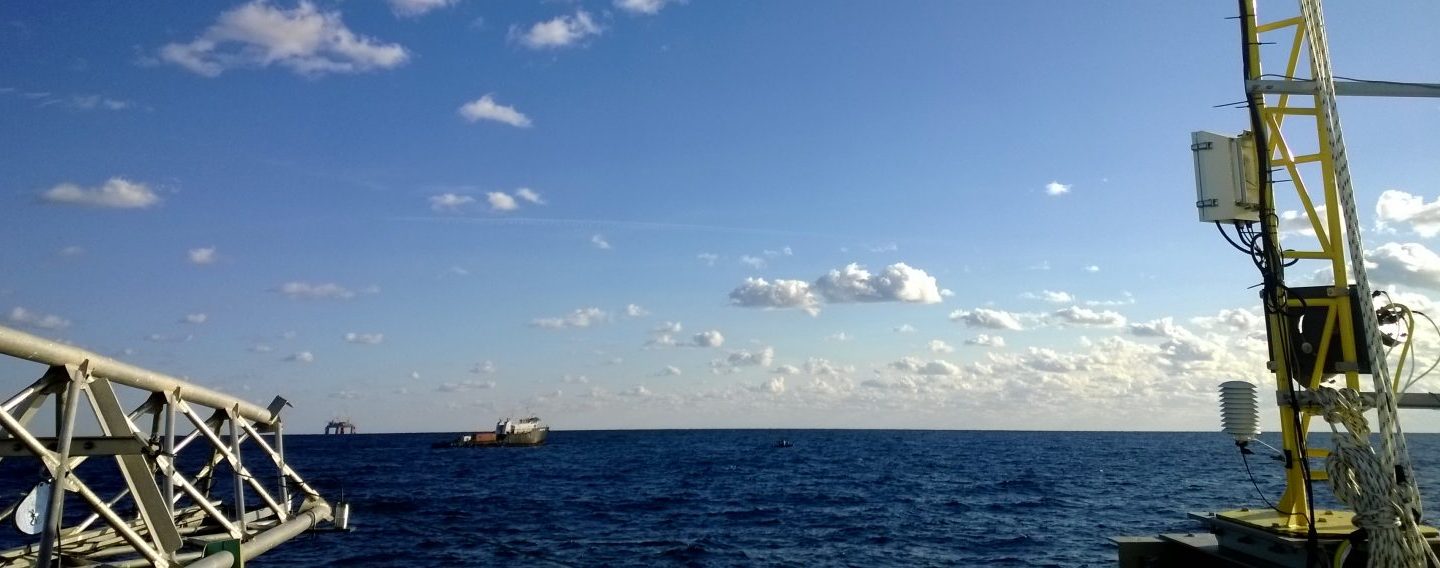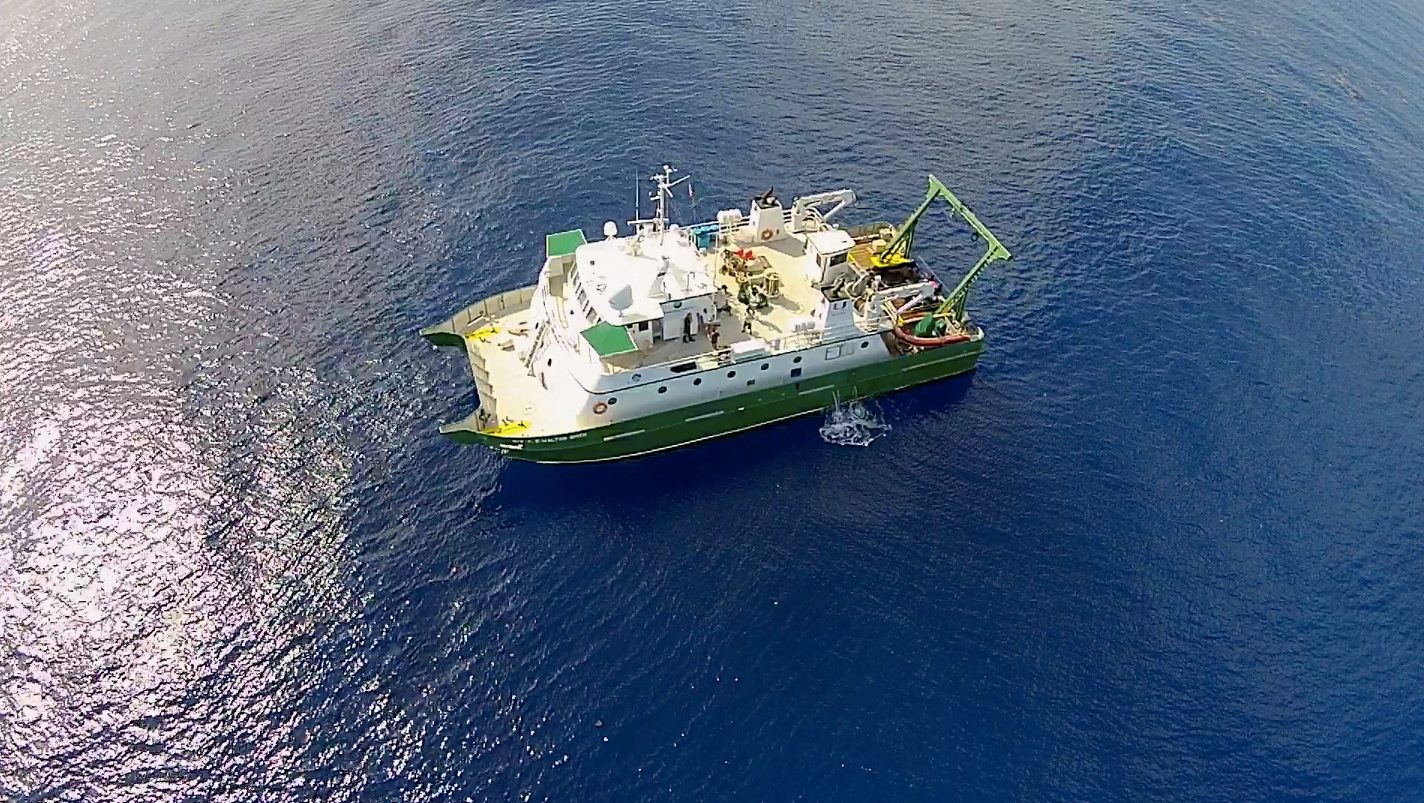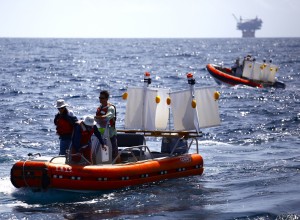Today marks the 5th anniversary of the Deepwater Horizon oil rig explosion. 11 individuals were killed, 17 were injured, and over the next 3 months, approximately 5 million barrels of oil spilled into the Gulf of Mexico.
Scientists from across the world jumped into action and began studying every aspect of the Gulf, from the effects of oil on the animals, to the transport of the oil, and of course the economic impacts – and they have not stopped since.
As we take a moment today to look back on the last 5 years, we mourn the loss of life, but also celebrate the great science that has come out of such a terrible disaster. CARTHE has been awarded $35 million over 6 years from the Gulf of Mexico Research Initiative, conducted 2 huge oceanographic experiments (with plans for 2 more), run countless computer models, and published over 80 peer-reviewed scientific articles. We have developed new, biodegradable, inexpensive drifters. We have discovered the impact of sub-mesoscale currents on oil transport. And we have tested our ability to respond to an oil/gas disaster during the Hercules event.
We hope that something like the Deepwater Horizon event never happens again, but if it does, we will be ready to help minimize the impacts on the environment, economy, and human health.
Five things the Gulf oil spill has taught us about the ocean
Smithsonian Magazine, by Hannah Waters
http://www.smithsonianmag.com/science-nature/five-things-gulf-oil-spill-has-taught-us-about-ocean-180955036/Five years after The Big Spril: Drill, questions continue in the Gulf
Miami Herald, by Jenny Staletavich
http://www.miamiherald.com/news/local/community/miami-dade/article18915804.htmlResearch on oil transport that informs spill response
Gulf of Mexico Research Initiative
http://gulfresearchinitiative.org/research-on-oil-transport-that-informs-spill-response/
Written and illustrated by NRDC science scribe Perrin Ireland


